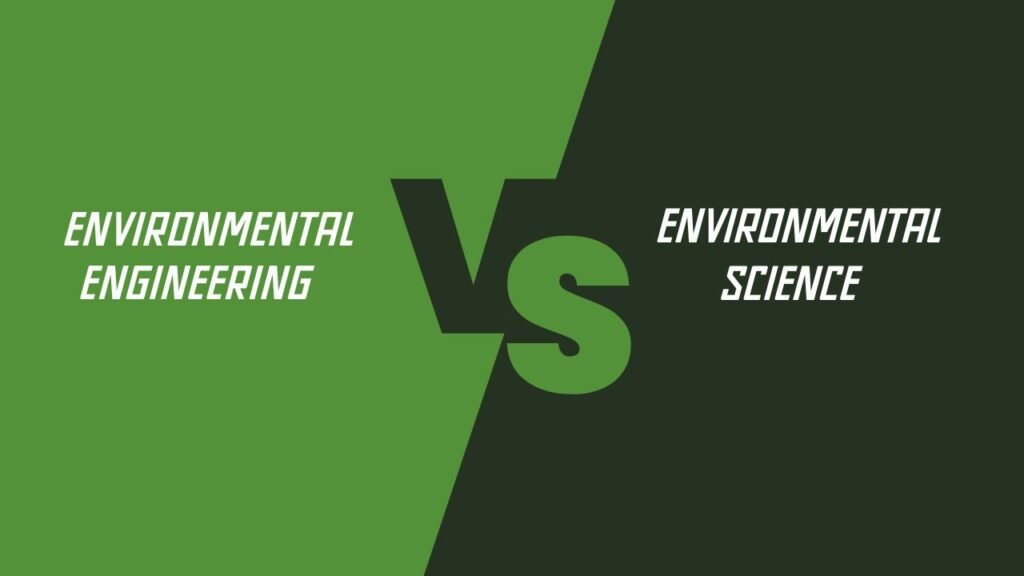7 Reasons to Pursue a Career in Environmental Engineering
1. Environmental Engineering Jobs Growth in Renewable Energy and Sustainability
As climate change intensifies, there is rising demand for engineers who can develop solutions in clean technologies like solar, wind, hydropower and biofuels. The Bureau of Labor Statistics projects a 15% increase in jobs for environmental engineers through 2030, well above average, driven by nations and companies committing to net zero targets and greener infrastructure projects.

2. Meaningful Work Impacting the Planet
Environmental engineers work on consequential projects that directly support environmental protection, public health and restoration of natural systems. From water treatment to pollution control to land remediation, it is a fulfilling field addressing urgent global challenges through practical, science-based approaches.
3. Variety of Specializations and Industries
One can pursue specialized areas like air quality, ecological engineering, energy management or waste management across many sectors. Careers exist in consulting, manufacturing, utilities, resource extraction, government and non-profits. Diverse experience is attainable through roles spanning compliance, R&D, design, construction and facility management.
4. Salary Potential and Strong Demand Country-Wide
Typical starting salaries range from $65,000 to $80,000 nationally for bachelor’s graduates, growing significantly with experience. Environmental engineers remain in high demand across all 50 states. Average mid-career pay exceeds six figures, and specialists in water infrastructure or hazardous waste command some of the highest compensation.
5. Excellent Work-Life Balance
While project deadlines exist, the career allows for flexibility between office work, limited travel, and time spent outdoors at industrial sites. Many firms embrace flexible hours and hybrid schedules respecting personal life needs. On-call responsibilities tend not to be as demanding as in other engineering disciplines.
6. Lifelong Learning through Certification
Professional engineer licensure and other voluntary credentials like LEED, Certified Hazardous Materials Manager and Certified Energy Manager recognize advanced expertise. They increase marketability and open doors to more senior advisory or management positions down the road.
7. Blend Scientific Knowledge with Practical Judgement
Environmental engineers marry a scientific education in multiple engineering and natural science disciplines with real-world problem solving skills. It exercises both left-brain analytical abilities alongside right-brain creativity when tackling ecological, human health and regulatory issues across all landscape and development scales.
In summary, environmental engineering offers intrinsically purposeful work, career diversity, financial stability, work-life balance and opportunities for ongoing enrichment – making it a highly promising professional path for eco-minded problem solvers in the years ahead.


